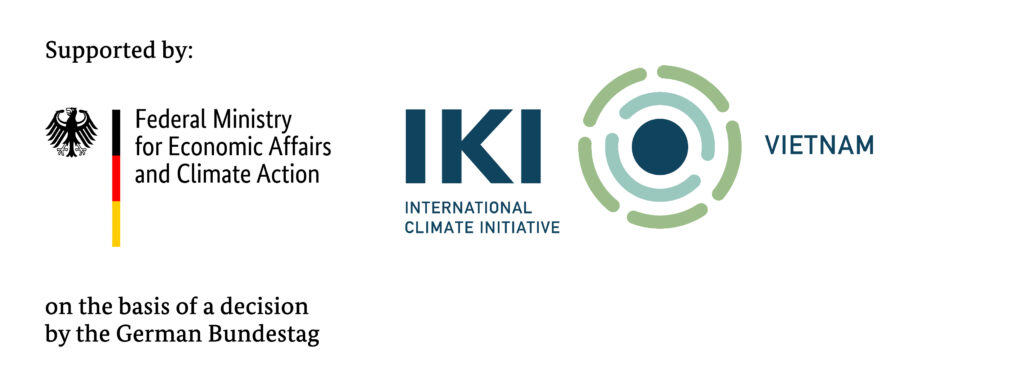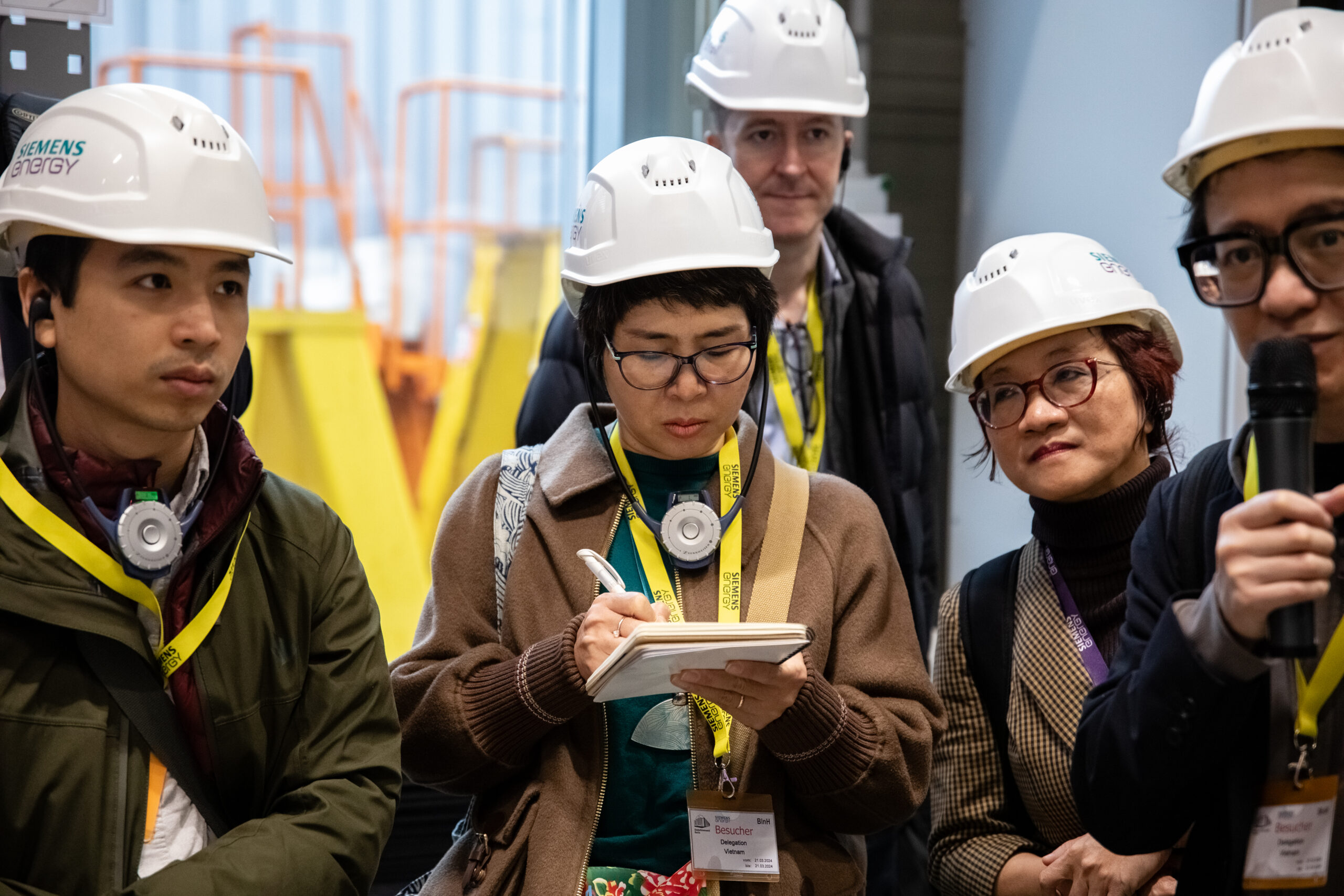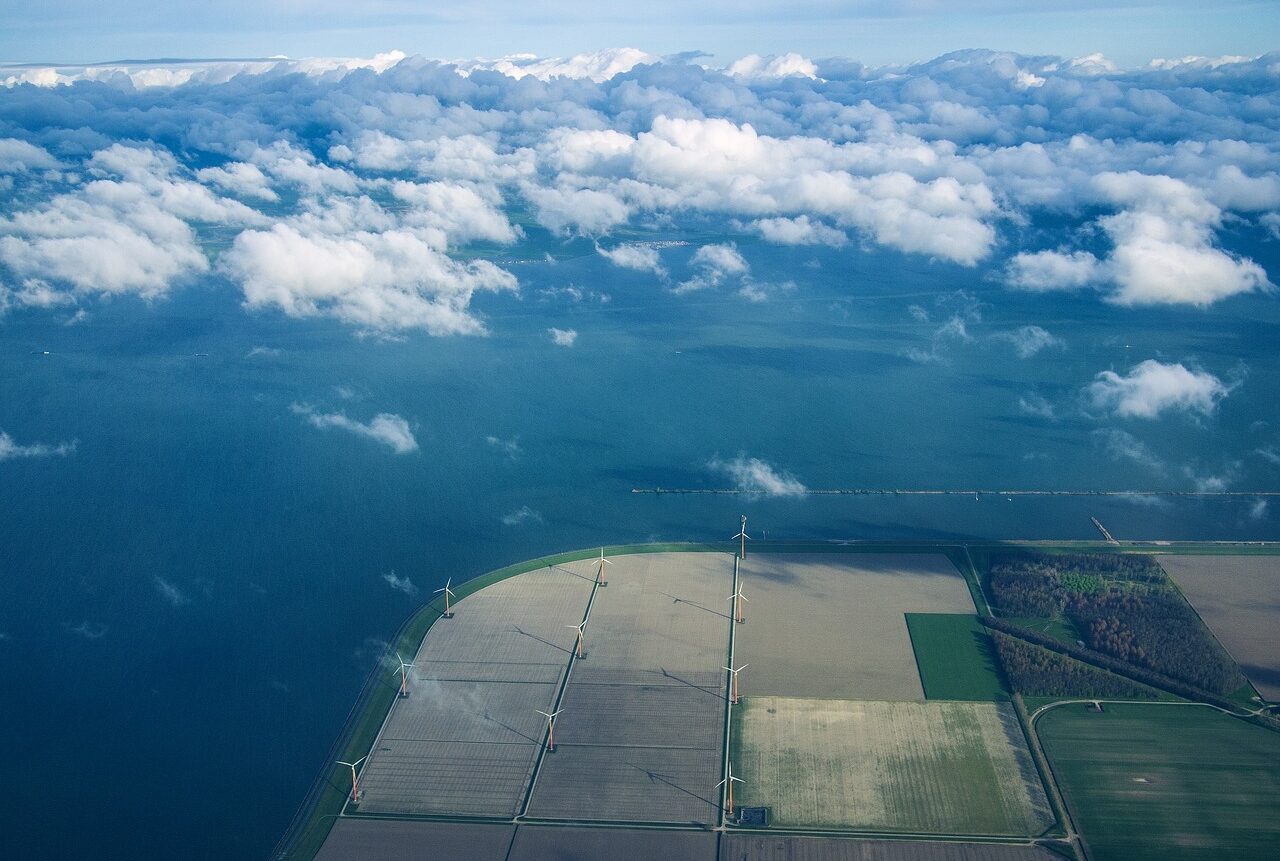The 27th Meeting of the Mekong River Commission (MRC) Council and Joint Meeting with the 25th Development Partner Consultative Group was held in November 26 via videoconference. The meeting was chaired by the Minister of Natural Resources and Environment of Laos, who holds the Chair of the MRC Council in 2020. MRC Council representatives of the four member countries, Development Partners, Dialogue Partners and international organizations implementing in the region attended the meeting.
The MRC is an intergovernmental organization for regional dialogue and cooperation in the lower Mekong river basin, established in 1995 based on the Mekong Agreement between Cambodia, Laos, Thailand, and Viet Nam. The organization serves as a regional platform for water diplomacy as well as a knowledge hub of water resources management for the sustainable development of the region. The MRC Council represents the highest level of the organisation.
The Mekong River Basin is recognised as a global biodiversity hotspot, comprising 12 habitat types ranging from highlands to coastal waters and including peat swamps, subterranean streams, and crater lakes. These environmental assets support critical ecological services and functions for millions of people in the lower Mekong Basin.
Ministerial delegates from the MRC approved a list of strategic documents, among others the Basin Development Strategy (BDS) 2021–2030 and the MRC Strategic Plan (SP) 2021–2025. The approval of the BDS and SP recognises that the role of the MRC is shifting from one primarily focused on cooperation for knowledge acquisition and sharing, towards comprehensive cooperation on water resources development and management across the entire Mekong River Basin. For example, the five-year Strategic Plan will assist the four Lower Mekong countries to coordinate basin management operations in order to prevent and manage water-related risks and emergencies. In addition to improving established procedures and guidelines, the new Strategic Plan will see the MRC work on critical new initiatives, such as the basin-wide sediment management plan and the valuing of ecosystem services.
The Strategic Plan will also pave the way for the MRC to focus on more integrated Mekong-Lancang management arrangements, for instance through increased data sharing and cooperation between the MRC and other regional platforms such as ASEAN and Mekong-Lancang Cooperation. Beyond that, the Council approved an environmental management strategy, the first of its kind that covers the whole Lower Mekong Basin (LMB). The Mekong Strategy for Basin-wide Environmental Management of Environmental Assets of Regional Importance 2021–2025 seeks to restore, protect, and manage environmental assets of regional importance in the LMB.
Waterborne transport along the Mekong River has been one of the main modes of transport between communities in the riparian countries since they first settled along its banks centuries ago. Through the approved Master Plan for Regional Waterborne Transport in the Mekong River Basin, the MRC will assist the Member Countries to improve national and international transport networks using the Mekong River in the four Lower Mekong countries.
In addition, Development Partners exchanged with other stakeholders on cooperation modalities, development of water resources in the basin, a Joint Environmental Monitoring Program for hydropower projects on the Mekong mainstream, and response solutions to extreme weather.
Speaking at the meeting with donors, Minister Trân Hong Ha also emphasized the efforts of each country, cooperating with the MRC through knowledge sharing and exchange of best practice and international experience, which is of utmost importance. The Minister also mentioned the Prime Minister’s recent statement at the G20 Summit that “[…] regional sustainability, peace and stability can only be achieved if our multilateral cooperation bases upon international laws and norms, mutual respect, understanding and trust.”





